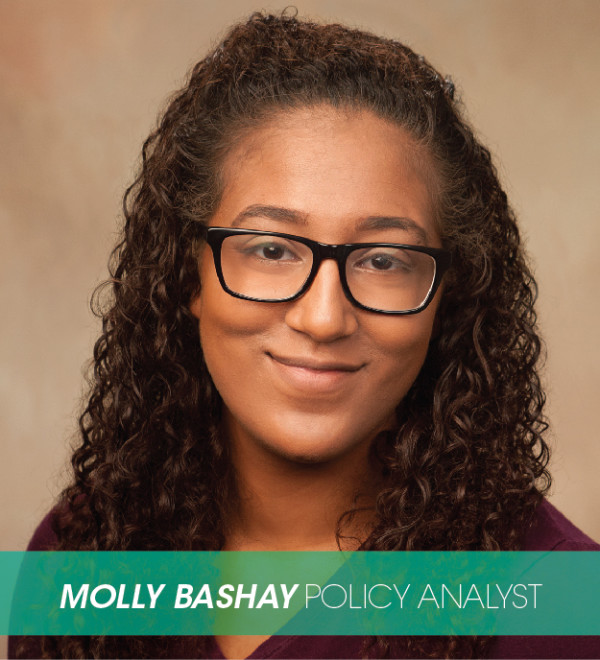Series: Closing the Equity Gap
August 8th, 2017
The barriers faced by Mississippi’s Black males have negative consequences on their economic, educational and quality of life outcomes. Creating opportunities informed by data for young men and boys of color to reach their full potential helps to advance individual opportunity, family sustainability, community prosperity, and Mississippi’s overall economic competitiveness. Two in five (43.6%) Mississippi residents identify as people of color, the majority of which are Black or African American. Similarly, as one in six (17.6%) Mississippi residents is a Black male, the barriers they face have broader implications for the entire state.
Multiple indicators, ranging from earnings to educational attainment to poverty and banking status, show that males of color are less economically, academically and financially secure and stable than their peers, causing uneven outcomes in well-being, health and economic self-sufficiency.
Improving these outcomes and closing equity gaps demand systems that support young Black men and boys and are grounded in data and research. Building equitable systems first requires understanding a range of data indicators that clarify the significant need for programs and policies that support the stability of young Black men and boys early on.
Two upcoming reports from Hope Policy Institute, Closing the Education Equity Gap for Mississippi’s Black Males and Closing the Economic Security Equity Gap for Mississippi’s Black Males, supported by the Mississippi Action Network for Uplifting Promise (M.A.N. U.P.!), hope to shed light on the complex factors that influence opportunity and uneven quality of life outcomes for males of color in Mississippi. Follow us on social media and join our newsletter for updates to this blog series and the official report release.






